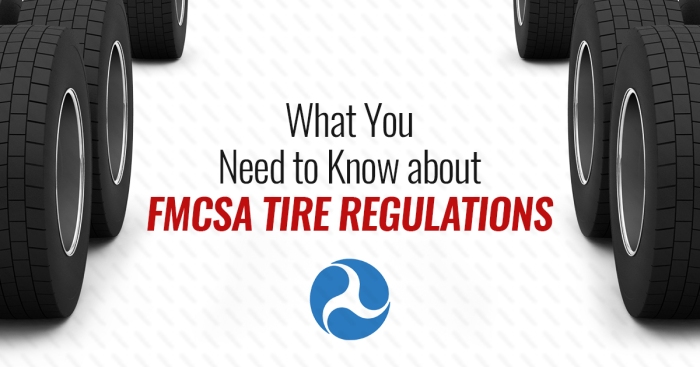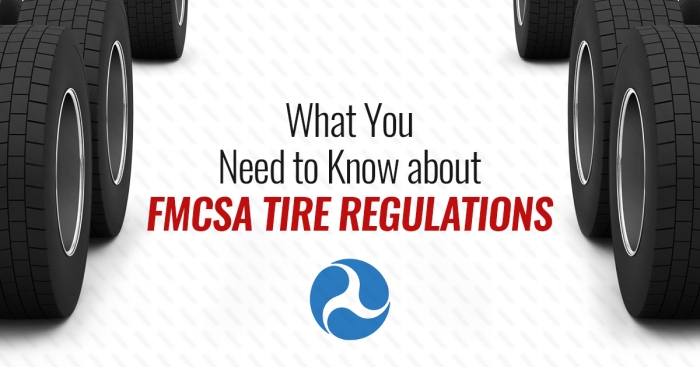
Technology has been changing the world as we know it for a long time now, and we don’t have to look far to see someone with their eyes glued to their smart phone to see evidence of this. This wave of technology has impacted the trucking industry as well, but are these advances welcome or just additional headaches?
Driverless Trucks
One of the biggest concerns in trucking is the autonomous or driverless truck. It is understandably hard for truckers to get behind this advancing technology as it would have a huge impact on the job market. While this technology is being developed, we are a long way from actually seeing wide-spread usage on the road, and the roll out will take time. We will see a number of advances in safety and fuel efficiency long before autonomous trucks are integrated.
Safety Technology
Safety will be one the biggest areas where we will continue to see changes; improvements in stability control, braking systems, lane departure warnings, blind spot warnings, and collision avoidance technologies are all in motion. You can also expect to see more trucks fitted with multiple cameras to not only cover blind spots but also to record accidents. These video recordings could be very helpful as most trucking accidents are caused by passenger vehicles, even though the trucker is often the first to receive the blame.
More technology means a busier dashboard to devices to monitor, with multiple screens and integrated technology surrounding the driver. It also means a longer learning curve and even more distractions to the driver. On the positive side, seeing accidents and every day happenings on video will lesson a trucker’s liability.
Let’s just hope seasoned drivers will be offered training and the increased educational requirements will result in higher pay for all truckers.
Fuel Efficiency
While safety features will see significant changes, there will also be advancements in technology that will address the issue of fuel economy.
Platooning is a concept that will be kept in check by on-truck technology. This simple concept can be compared to NASCAR cars drafting to save fuel and increase speed, and has been proven to work with trucks.
There will also be a number of physical changes as engineers continue to study aerodynamics and power systems, and incorporate their findings into new trucks. Changes in the actual running gear, which is less concerned about raw power and more concerned about great fuel efficiency, are also coming. There will be even more aggressive changes as natural gas and electric trucks continue to advance.
Embracing Change is Easier
There are changes coming, but the question remains will these be great advancements or more of a benefit or pain? As it turns out there is no easy way to answer that. Autonomous trucks will truly upend the industry as we know it today, but at least we have time before it becomes a major concern. Safety technology is hard to turn down though some might argue that it takes the skill away from actually driving. Probably the biggest concern for old school truckers are the changes in the drive train of these trucks. No longer will we see the mean-looking, all-powerful rigs, but instead we will have super-efficient trucks that look and feel much different.
Every trucker will have their own opinion, but these changes are coming and we will be better of embracing them and adapting the way truckers always do.
Hunter Tires sells commercial tires.
Written by Hunter Tires Editorial Team
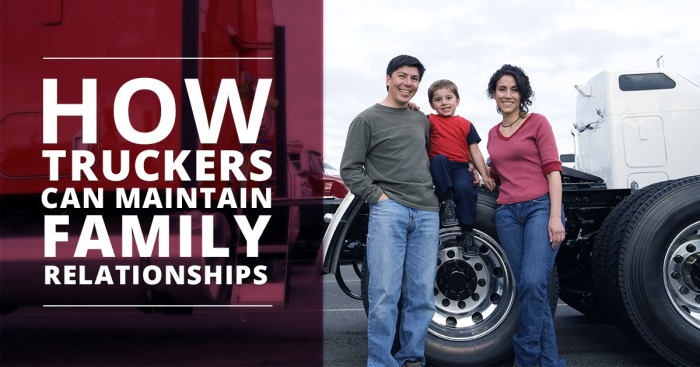

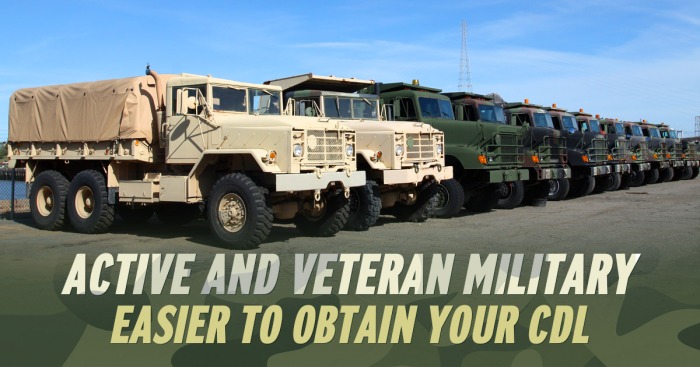
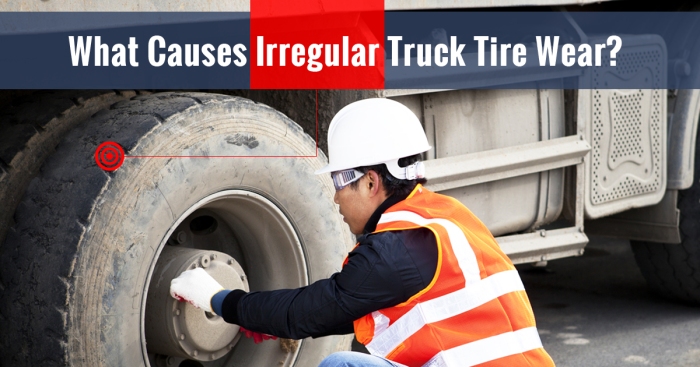

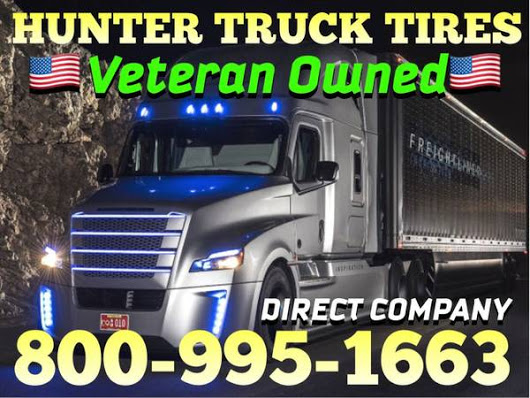 Congratulations, You Have Just Purchased What We Believe Is The Finest Value Available In The Tire Industry.
Congratulations, You Have Just Purchased What We Believe Is The Finest Value Available In The Tire Industry.

